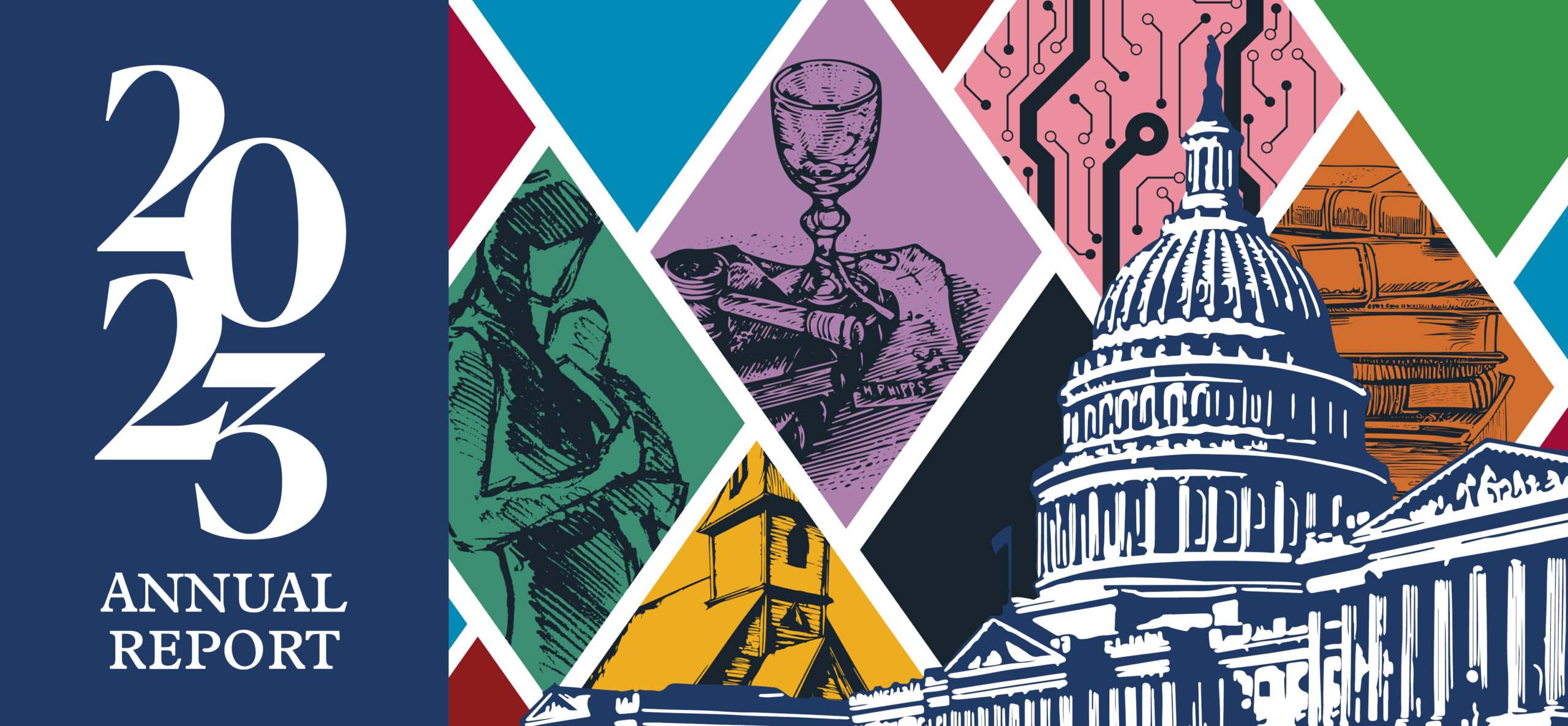

Letter from the President
In his introductory remarks to Heretics, G. K. Chesterton wrote: “There are some people—and I am one of them—who think that the most practical and important thing about a man is still his view of the universe. . . . We think the question is not whether the theory of the cosmos affects matters, but whether in the long run, anything else affects them.” Put another way, in the words of Richard Weaver: “Ideas have consequences.”
The founders of the Ethics and Public Policy Center deeply understood this truth. As they wrote in our charter document:
Ethics and politics in our time are often seen as separate spheres which make contradictory claims on citizens and statesmen alike. To many persons the Judeo-Christian heritage seems irrelevant to the clashing interests and compromises of political life. The coinage of political and moral discourse has been debased by this estrangement from our cherished Western values and we have become confused by cynical forebodings on the one hand and utopian expectations on the other.

“None of us is born ready for liberty. We have to be trained to exercise responsible self-government as members of families no less than of states. To distinguish liberty from license in our personal lives—and live out that distinction by using freedom for excellence—is essential. For the best laws in the world are insufficient if people cannot exercise freedom responsibly.”
—Ryan T. Anderson
2023 in Brief
EPPC by the Numbers



40 episodes in 2023.

EPPC is based in Washington, D.C., but our scholars write, speak, and teach across the country at colleges and universities, newspapers and magazines, legislative assemblies, churches and dioceses, and cultural organizations.
Highlights of 2023
♦ Our program on Bioethics and American Democracy provided expert witness training to 92 medical professionals, published eight briefing documents on various aspects of abortion, and supported litigation in two federal court cases contesting government censorship of physicians.
♦ Five states enacted legislation based on proposals from our Technology and Human Flourishing Project, with the Governor of Utah citing the Project’s work. The New York Times profiled director Clare Morell.
♦ Our HHS Accountability Project prevented the Biden administration from mandating that doctors perform, and insurers cover, a dangerous array of transgender treatments and surgeries. The Project also intervened in 14 other proposed Biden-administration rules that seek to promote abortion and gender ideology and to restrict religious freedom and conscience rights. Project attorneys submitted 19 amicus briefs in litigation over gender identity, abortion, free speech, and religious liberty.
♦ Our Person and Identity Project conducted 101 presentations and policy consultations for 42 churches, dioceses, religious schools, and other faith-based organizations on dealing with the philosophical, theological, and legal challenges of gender ideology. They reached a combined audience of over 13,000 people.
♦ Our Education and American Ideals program had two of its pieces of model legislation—one preventing political tests in hiring university faculty and the other promoting campus intellectual diversity—enacted into law in Florida.

Technology and Human Flourishing
Morell’s book, The Tech Exit: A Manifesto for Freeing Our Kids, is under contract with Penguin Random House.

Person and Identity Project
One participant in 2023 described the PIP training as a “clear, truthful, compassionate and a call to be witnesses to the truth of the human person made in God’s Image.” As gender ideology has spread through our institutions, demand for PIP’s program has skyrocketed. In 2023, PIP received a total of 188 requests for presentations or consultations, up from 102 in 2022, of which it was able to fulfill approximately one-fourth. In 2024, PIP will expand to meet this urgent need.
Goals for 2024
● We believe the next critical battle for human dignity will be over physician-assisted suicide. With the Bioethics and American Democracy program, EPPC President Ryan T. Anderson will work to turn his previous work in this area into a book that will equip lawmakers and ordinary people alike to oppose it.
● In the last year of the Biden administration, the HHS Accountability Project will focus on mitigating the bad effects of and preparing for litigation over finalized rules, shedding light on the administration’s abuses of the rulemaking process, and preparing for what we hope will be a more favorable administration in 2025.
● The Person and Identity Project will seek substantial funding to produce and market, in partnership with a well-regarded liberal-arts university, a for-credit course in gender ideology and human anthropology, giving a much larger number of teachers, pastors, and other religious leaders access to its work.
● Our Education and American Ideals Program will focus on writing, publication, and speaking to promote Utah’s and other states’ passage of its General Education Act and other model legislation.
● We will expand on the work of the Richard John Neuhaus Fellowship by seeking to establish an EPPC Fellows Program and funding stream for graduate and post-doctoral students.
Shaping Policy
EPPC does not attempt to work in every area of public policy, only in those that most directly implicate the dignity of the human person and that allow us to make a distinctive contribution to major institutions of American civil society.
Life and Family Initiative
Not two years ago, the Supreme Court brought an end to five decades of constitutionally protected abortion on demand, but the conflict over abortion has only intensified. EPPC’s Life and Family Initiative brings together a range of EPPC scholars, including Erika Bachiochi, Alexandra DeSanctis, and Patrick T. Brown.
EPPC’s scholars provide longer-term thinking and strategic initiatives on marriage and family, working on four broad fronts:
• the development of pro-family policies for states with conservative governing majorities, laying the groundwork for pro-family action at the state level;
• a deep examination of how feminism and the Sexual Revolution have shaped the minds of most of our fellow citizens regarding abortion, sex, contraception, and marriage;
• a study of the way the private sector reinforces cultural expectations on abortion, marriage, and family; and
• a program of writing, speaking, and media appearances for a range of audiences and organizations promoting debate over the future of the pro-life movement.
In 2023, our Life and Family scholars published 100 articles and 2 books, gave dozens of lectures and media interviews to audiences as diverse as the Harvard student body and the Heritage Foundation, and engaged legislators at both the federal and state levels.

Pro-Family Priorities
The work of Patrick T. Brown is an essential resource for conservatives seeking a longer-term focus on policies to help families thrive.
In February, Brown released Pro-Family Priorities for the 118th Congress and Beyond, making the case for five pro-family policies that Congress should adopt. The launch event for the report, held in the Russell Senate Office Building, featured remarks from Senators Marco Rubio and Marsha Blackburn and two panels of leading conservative scholars. An op-ed drawn from the report was also featured in the New York Times.
Heading into an election year, the most likely source of progress in pro-family legislation is at the state level. In December, Brown released a major report based on polling in five key states—Florida, Georgia, North Carolina, Tennessee, and Texas—with takeaways for targeted and meaningful pro-family action from state governments, though not the large-scale interventions that progressives favor. Pro-Family Policy Priorities for States was followed by state-specific policy guidebooks that offer meaningful and politically popular proposals that policymakers can champion at the state level.
Bioethics and American Democracy
Today, rapidly advancing biological knowledge and technical power has the capacity to radically alter human life and society. To address the debates over human dignity and the proper ends and goals of medicine, EPPC’s Bioethics and American Democracy program, directed by Dr. Aaron Kheriaty, helps scientists, health-care providers, policymakers, and citizens deal more wisely and creatively with the promise and perils of advances in biotechnology.
In 2023, EPPC partnered with the American Association of Pro-Life Obstetricians and Gynecologists and Alliance Defending Freedom to train 92 expert witnesses, mostly physicians, to testify on abortion and other life issues in key legislative hearings and court cases.
Kheriaty is a plaintiff in two groundbreaking federal court cases opposing state and federal laws that would gag physicians who depart from the government’s approved public-health narratives. The Fifth Circuit recently called these laws “a years-long pressure campaign designed to ensure that the censorship [on social media] aligned with the government’s preferred viewpoints.” The government has appealed one of the cases, Murthy v. Missouri, to the Supreme Court, and many legal observers believe that it will prove to be the most consequential free-speech case since World War II.
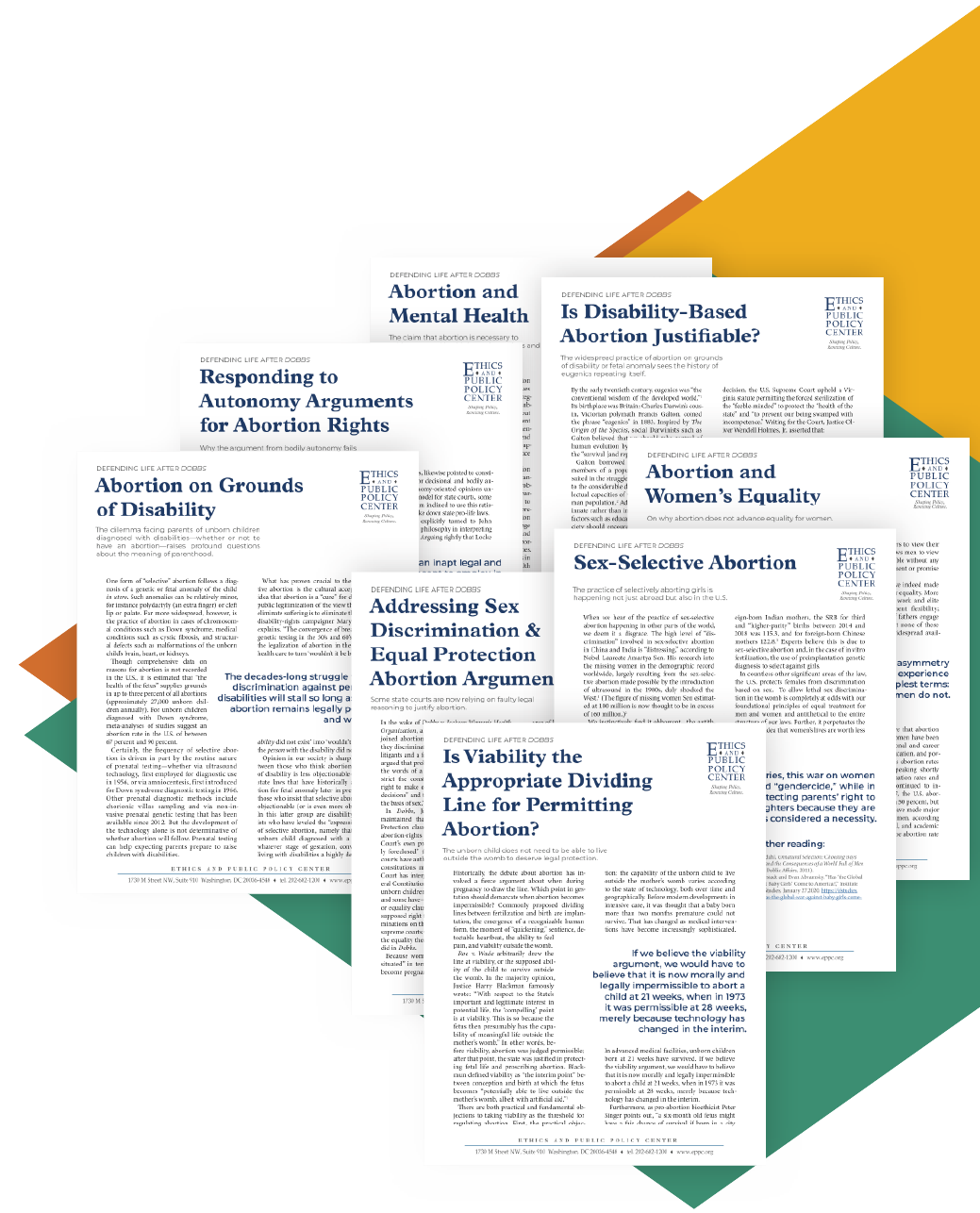
Defending Life After Dobbs
To further equip the expert witnesses we have trained to contribute to legislative and court battles, EPPC scholars are publishing an ongoing series of accessible two-page briefings on key abortion topics. We have distributed these briefings to legislative staffers as well.

Asking the Big Questions about Medicine
Policymakers, parents, and patients aren’t the only ones who need guidance in a challenging new medical landscape. Practicing physicians and health-care researchers are frequently confronted with questions about the nature and goals of their vocation. Dr. Aaron Rothstein hosts EPPC’s Searching for Medicine’s Soul podcast to ask and answer these questions with leading doctors and researchers.

HHS Accountability Project
Executive-branch regulations have a powerful though largely invisible influence on law, politics, and culture in the U.S. and are the result of a complex process with many steps. A single rule can rewrite or change the meaning, application, and enforcement of many statutes. Identifying and understanding issues of concern requires studying hundreds of pages of proposed rules.
During 2023, EPPC’s HHS Accountability Project, directed by Rachel Morrison, intervened on 15 proposed rules—more than one each month on average—countering a deluge of regulatory actions by the Biden administration that seek to promote abortion, push gender ideology, and restrict religious freedom and conscience rights. Amplifying its own efforts, the Project led, through 140 strategy calls, publications, and personal appearances, a coalition of two dozen organizations in resisting these rules. EPPC has helped significantly delay implementation, sometimes by months and even a year or more, by taking advantage of the government’s obligation to respond to each argument raised in public comments and its practice of holding meetings requested by interested parties. In addition, the Project submitted 19 amicus briefs in litigation over “gender identity,” abortion, free speech, religious liberty, and church autonomy. The HHS Accountability scholars also addressed relevant audiences with over 90 publications and personal appearances.

The Constitution, the Courts, and the Culture
Over his 20 years directing EPPC’s program on The Constitution, the Courts, and the Culture, Distinguished Senior Fellow and Antonin Scalia Chair in Constitutional Studies Ed Whelan has become one of the country’s most widely respected and widely read legal commentators.
Through his large and growing media platform—daily pieces for National Review’s “Bench Memos,” a weekly column on his Substack, Confirmation Tales, and his live analysis on Twitter of important oral arguments at the Supreme Court—Ed reaches thousands of judges, court clerks, law professors, practicing attorneys, policy scholars, activists, and journalists every day. His work clarifies what is at stake in critical cases, defends justices and judges from ill-founded criticisms, and rebuts media distortions of controversial federal and state rulings.
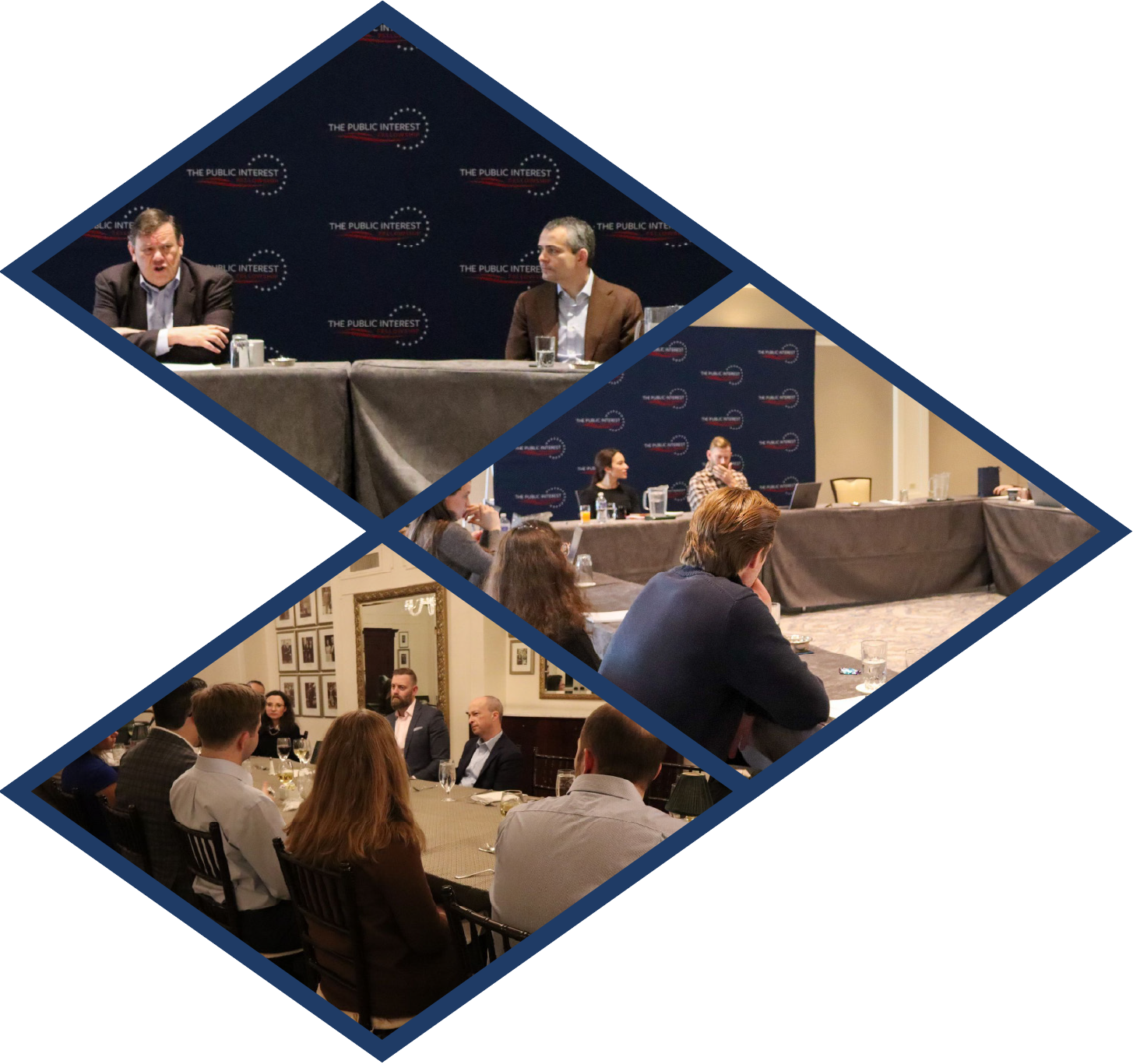
Launch of the Richard John Neuhaus Fellowship
In 2023, EPPC and The Public Interest Fellowship launched the Richard John Neuhaus Fellowship, a selective, graduate-level program for up to 20 young professionals in Washington, D.C., which explores the Jewish and Christian traditions and their role in shaping public policy and the mediating institutions of civil society.

Combating Woke Education
Senior Fellow Stanley Kurtz, who was recently described by his critics as a “power player shaping the right’s recent offensives in [education],” is at the front of the national defense of American ideals in K–12 schools and on college campuses. The effect of Kurtz’s efforts to combat woke education was demonstrated in several key victories in education policy and in the culture more broadly during 2023.
In November, in collaboration with the National Association of Scholars and the Martin Center for Academic Renewal, Kurtz and EPPC published the General Education Act, model state-level legislation that, if adopted, would bring transformative change to public higher education, restoring the teaching of the history of Western Civilization, traditional American civics and history, and the Western tradition’s great works of philosophy and literature at state public universities.
In June, Florida governor Ron DeSantis signed a bill into law, inspired by Kurtz’s model legislation, banning faculty “diversity statements” and implementing campus intellectual-diversity policies. Kurtz also led the public fight over the College Board’s African-American Studies pilot course. His scoop in obtaining a previously secret copy of the curriculum and his detailed analysis and critique of that curriculum, both published in National Review, led directly to DeSantis’s decision to reject the course, a decision also adopted by Arkansas.
Renewing Culture
Religious belief and practice in America are both in decline, and the rate of religious non-affiliation has never been higher. In our current environment, religious freedom faces serious threats from powerful parts of our culture, government, and private industry. EPPC’s programs argue for the robust moral and cultural foundations needed to sustain a society that is both free and virtuous. Our scholars seek to guide religious institutions and leaders through their struggles with a politicized culture.

Evangelicals in Civic Life
Throughout 2023, the scholars of our Evangelicals in Civic Life program, directed by Andrew T. Walker, maintained a tremendous output of public commentary on issues facing religious believers, with just four scholars publishing nearly 200 articles across a range of Christian and secular publications.
In February, Crossway released Social Conservatism for the Common Good, a major volume of essays edited by Walker and featuring contributions from Carl R. Trueman and Jennifer Marshall Patterson. Walker and his contributors explore faith and reason, natural-law theory, and the prospects for collaboration across ideological lines to make the thought of Princeton University professor and EPPC board member Robert P. George accessible to a Protestant audience.
Postdoctoral Fellow Nathanael Blake, in addition to regular commentary in The Federalist and WORLD, has collaborated with Alexandra DeSanctis on a forthcoming major report summarizing the policies of Fortune 100 companies, such as provisions for paid family leave, and evaluating how well they support a culture of life for their employees.
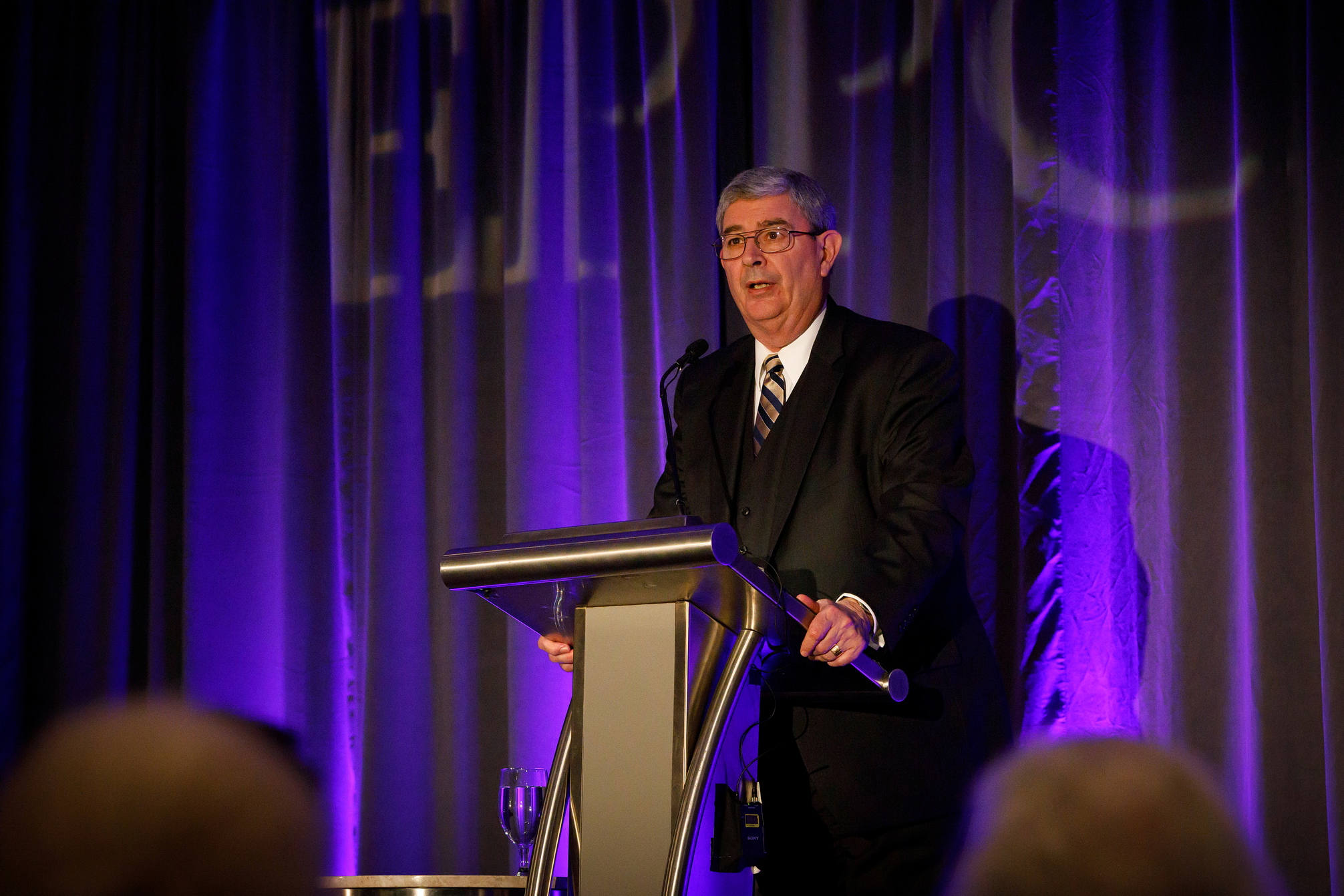
Catholic Studies
Through an extensive program of publications, media interviews, and public appearances—well over 200 in 2023 alone—the scholars of the Catholic Studies program, led by Distinguished Senior Fellow George Weigel, serve as a prominent reference point for government officials, members of Congress, and journalists seeking to understand the social doctrine of the Catholic Church and its application to public policy. Weigel’s weekly syndicated column, “The Catholic Difference,” continues to be the most widely circulated Catholic press column, appearing in 115 publications in seven countries. In 2023, Weigel continued his work as NBC’s Senior Vatican Analyst and spent October 2023 in Rome, writing, publishing, and commenting on the Synod on Synodality.

Tertio Millenio Seminar on the Free Society
The thirty-first annual Tertio Millennio Seminar on the Free Society—directed by Weigel and coordinated by Stephen White—met during July in Kraków, Poland. This year’s cohort included participants from the U.S., Poland, Ukraine, Croatia, Slovenia, Lithuania, the Czech Republic, Georgia, Mexico, India, and China. Drawing on the full tradition of Catholic social doctrine, the seminar has proven deeply formative for its 300 American alumni, now leaders in the U.S. Church, as well as in business and academia.
EPPC’s current president, executive vice president, board chairman, and two of its fellows are alumni. In September 2024, the seminar will hold its first alumni reunion in Washington, D.C. Planning for the 2024 Tertio Millennio Seminar is currently underway.

Theology of Home
In 2023, the Theology of Home Project, led by Carrie Gress and Noelle Mering, marked six years as a community of women that has grown into the tens of thousands with the release of a fourth book, Arranging the Seasons, exploring the deeper questions of life, family, love, and God that animate our efforts to cultivate the earth. Theology of Home continues to be a highly trusted resource for those seeking to reclaim the beauty of home and family life and to fight back against the ideologies that threaten them.

Gress’s new book, The End of Woman: How Smashing the Patriarchy Has Destroyed Us, was published by Regnery in August.

Faith Angle Forum
For 25 years, EPPC’s Faith Angle Forum, directed by Josh Good, has convened groups of 15 to 20 journalists from top media outlets—such as the Wall Street Journal, the New York Times, the Washington Post, The Atlantic, the Times of London, and NPR—to explore critical issues of culture and politics in conversation with leading theologians, scholars of religion, and clergy. In 2023, Faith Angle expanded the annual number of its forums to four, holding two-day events in Miami and Seattle, for east- and west-coast journalists, respectively, in Washington, D.C., for promising young reporters, and most recently in Cap-Ferrat, France, for European journalists. Faith Angle is now internationally recognized for equipping and challenging influential journalists to better understand religion and its impact on public life. The program was recently covered in the Financial Times and Politico.
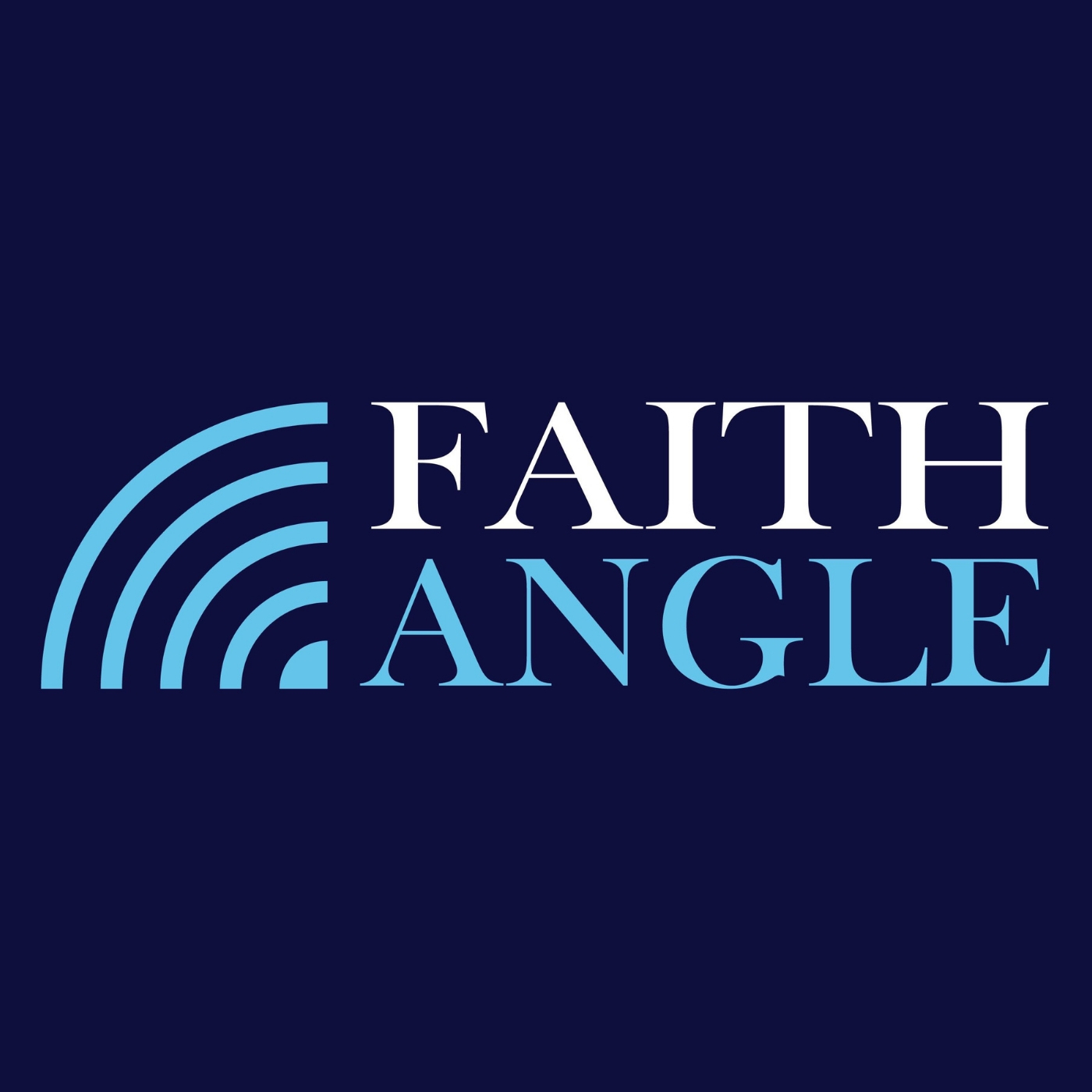
Faith Angle’s podcast, with a biweekly audience of 2,000, features journalists and scholars continuing the conversations and debates from its forums.

Join Us In Our Work
With a donation to the Ethics and Public Policy Center, you join us in pursuing America’s continued civic and cultural renewal by applying the riches of the Judeo-Christian tradition to contemporary questions of law, culture, and politics. We greatly appreciate your partnership in the effort to bring timeless principles to bear on urgent questions of policy and culture.
Online
Checks should be made payable to the Ethics and Public Policy Center.
Please mail to:
Ethics and Public Policy Center
1730 M Street N.W., Suite 910
Washington, DC 20036-4548
To discuss other ways to give, please contact Elsa Lagerquist at [email protected].
Ethos
Ethos is a quarterly journal of the Ethics and Public Policy Center dedicated to the work of its scholars and fellows to shape policy and renew culture, applying the riches of classical and humane learning, deep study, and religious conviction to the urgent debates carried out in the course of our national public life.

Ethos is mailed quarterly to donors who make an annual contribution of $1,000 or more.


